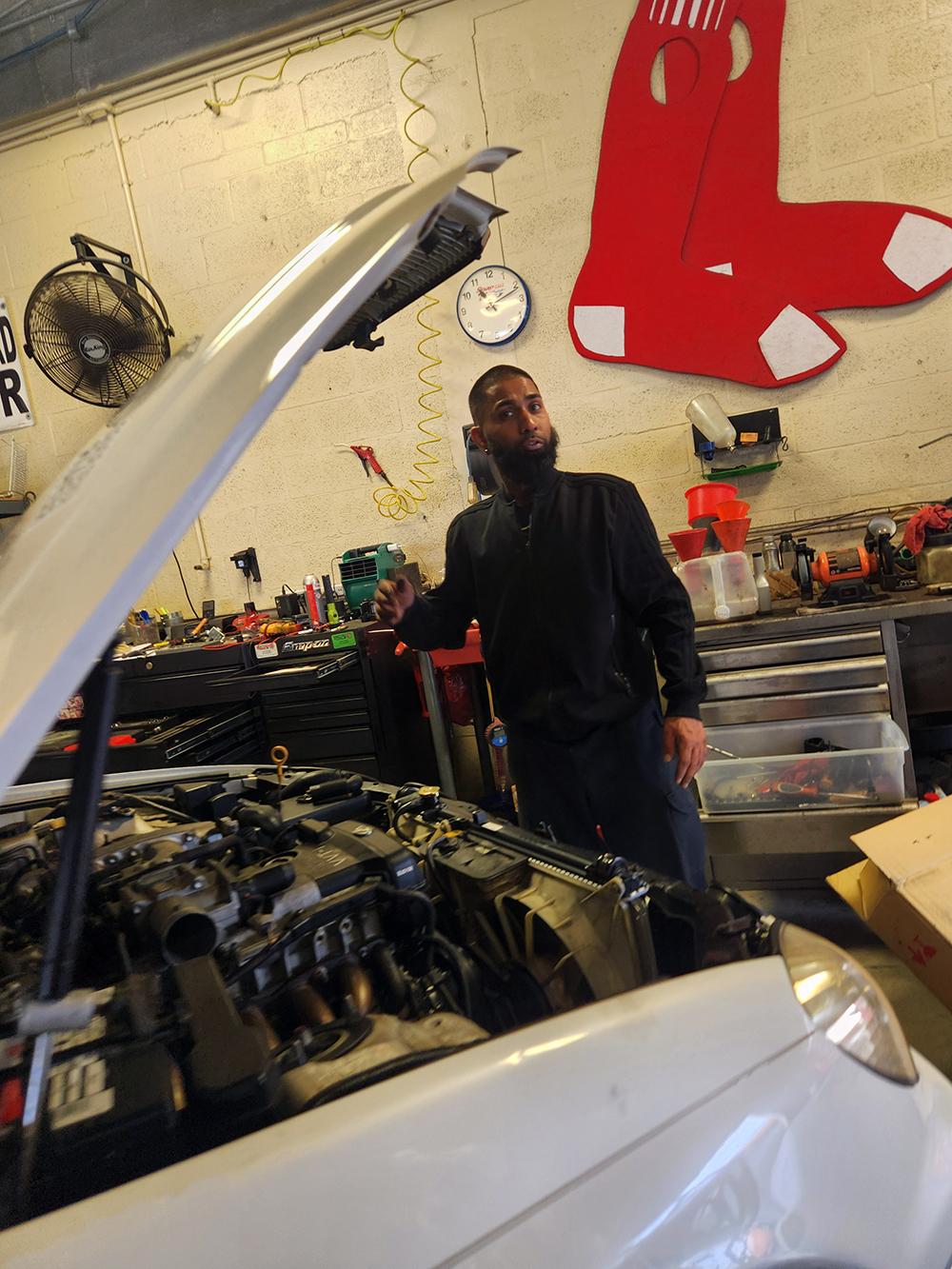All Categories
Featured

Understanding the factors that affect the cost of these fixings is vital for automobile owners who desire to be prepared for the unexpected. From the type of repair work needed to the make of your car, several essential aspects can determine how much you'll pay for repair services.
- Type of Repair service. The nature of the repair plays a pivotal role in the price. Additionally, if the fixing entails disassembling several elements, the labor prices can rise dramatically.
- Make and Model of Your Vehicle. The make and design of your vehicle have a substantial effect on the price of repairs. Luxury and international automobiles, such as BMWs, Audis, and Mercedes-Benz, frequently featured greater fixing prices because of their specialized parts and the knowledge required to service them. On the other hand, even more typical lorries like Ford or Toyota typically have less costly components and are simpler for technicians to service, which reduces repair service costs. Furthermore, some vehicles may need customized diagnostic tools or software for certain repair work, including in the general cost.
- Components Availability and Quality. The price of the components required for the fixing is one more major factor. If you require original devices producer (OEM) components, you can expect to pay even more, as these are designed especially for your lorry. While OEM components offer a greater level of high quality and reliability, they feature a premium rate tag. Conversely, aftermarket parts-- those made by third-party suppliers-- are often much less expensive, yet may not always match the top quality or sturdiness of OEM parts. The rarity of parts, specifically for older or specialized vehicles, can likewise increase the cost, as finding ideal replacements can require time and effort.
- Labor Costs. Labor costs are among the biggest contributors to the overall rate of auto fixings. These costs differ by area and service center, with urban locations generally charging greater rates as a result of above expenses. Mechanic proficiency likewise affects labor costs-- more customized or seasoned specialists have a tendency to charge even more for their solutions. The intricacy of the fixing also plays a role; repair services that call for more time or specialized understanding, such as working on an engine or electric system, will certainly lead to higher labor fees. Labor is typically billed on a hourly basis, and some repair services can take numerous hours to finish.
- Extent of the Damages. The extent of the damage to your vehicle is one more critical element in identifying repair prices. The repair work may be reasonably inexpensive if the concern is minimal and small to one component of the automobile. If the damages is comprehensive and calls for several parts to be changed or fixed, the price will certainly climb. A broken timing belt might call for changing various other engine elements that were damaged in the procedure, making the fixing extra complicated and costly. When significant systems like the transmission or engine are affected, the fixing price can rise promptly due to the number of components and the labor entailed.
- Car Age and Problem. Older automobiles tend to need even more constant repairs, and as components break over time, the expense of those repairs can boost. In most cases, older cars and trucks are a lot more prone to issues with their suspension, transmission, or engine. Additionally, parts for older models may be harder to discover, which can increase both the cost and time required for repairs. However, if your automobile is still in great total condition and properly maintained, you might have the ability to prolong its lifespan with less and much less pricey fixings. Autos with less miles on the odometer might also be less most likely to need expensive repair work in the future.
- Location of the Fixing Shop. The area of the repair work shop can likewise impact the expense of vehicle repair work. Labor rates in urban locations are commonly more than in country or much less largely booming regions. Additionally, dealers usually bill more for fixings compared to independent service center, although dealerships may utilize OEM parts and provide specialized service for your make and design. It's constantly an excellent idea to look around and obtain multiple quotes to find the very best rate for the repair work you require.
- Insurance Coverage and Warranty Insurance Coverage. If your car is still under guarantee, many major repair work may be covered by the maker, which can save you a significant quantity of money. In some situations, prolonged warranties or solution plans can aid cover repairs for sure parts of the car. Additionally, if the repair is a result of an accident, your auto insurance coverage might cover the price. Make sure to inspect the regards to your insurance or service warranty plan to recognize what fixings are covered and what you may require to pay for out-of-pocket.

Final thought. Several factors affect the expense of significant auto repair services, consisting of the type of repair work, the make and design of your automobile, the top quality of the parts utilized, and labor charges. Recognizing these components can aid you far better prepare for repair service expenses and make even more informed decisions when it's time for a major fix.
Latest Posts
Picking the Right Venue: What to Take into consideration for Wedding Celebrations, Meetings, and Occasions
Published en
1 min read
Everything You Need to Know About Custom Ornamental Iron Gates
Published en
2 min read
How to Maintain Your Continuous Panel Fence: Top 5 Tips
Published en
1 min read
More
Latest Posts
Picking the Right Venue: What to Take into consideration for Wedding Celebrations, Meetings, and Occasions
Published Mar 13, 25
1 min read
Everything You Need to Know About Custom Ornamental Iron Gates
Published Feb 08, 25
2 min read
How to Maintain Your Continuous Panel Fence: Top 5 Tips
Published Feb 05, 25
1 min read